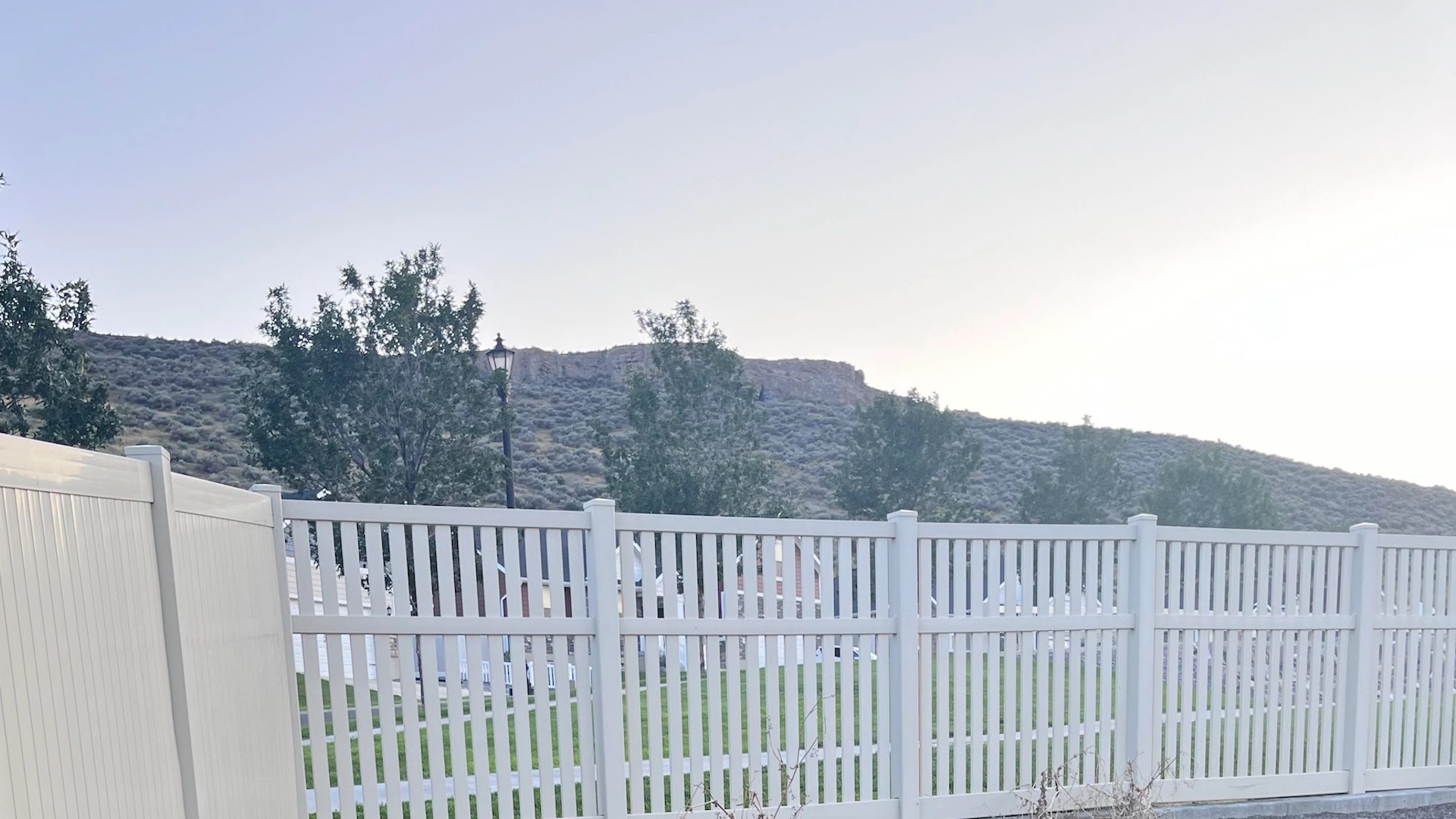A homeowner who went looking for landscaping advice was met with stark warnings about the damaging products in their yard.
The Redditor, from Utah, said they were having trouble with landscaping fabric and rubber mulch in a terraced area of their yard.

"Should we just start over and rip it all out?" the poster asked. "Any ideas on what bushes or trees would grow in the vertical space and prevent some of the erosion? I have no idea where to start."
Users offered a long list of plants and advice, including eliminating the unnatural products.
"And yes- rake out that rubber and throw away the 'weed barrier,'" one commenter wrote in an all-encompassing message.
Someone else said: "I would absolutely start by removing the rubber mulch and the weed fabric. Then, apply 2-3" of wood chip mulch to the entire thing."
These first steps were vital because the petroleum-based products leach chemicals into the soil, which then contaminates water. In a yard where children play — as appeared to be the case here — or where food is grown, this can be especially dangerous.
🗣️ What's the hardest thing about taking care of your yard?
🔘 Mowing the lawn 🏡
🔘 Controlling weeds 🌿
🔘 Keeping pests at bay 🐿️
🔘 I don't have a yard 🤷
🗳️ Click your choice to see results and speak your mind
Landscaping fabric also compacts soil and messes with the natural exchange of gases between soil and the air. Rubber mulch, made of shredded car tires, can include steel wires and is hazardous in other ways.
Once the poster moved on from those two things, their next steps were gravy. Native species are the best option, as they've adapted over hundreds and even thousands of years to their environments and can help mitigate flooding and erosion, with the latter issue cited by the poster.
The poster also received props for their lush green lawn, though that first commenter noted it must require a lot of care and irrigation. If that's your yard problem, you can find a solution to save time and money in clover, buffalo grass, or xeriscaping, all of which require little maintenance or water.
Join our free newsletter for easy tips to save more and waste less, and don't miss this cool list of easy ways to help yourself while helping the planet.









